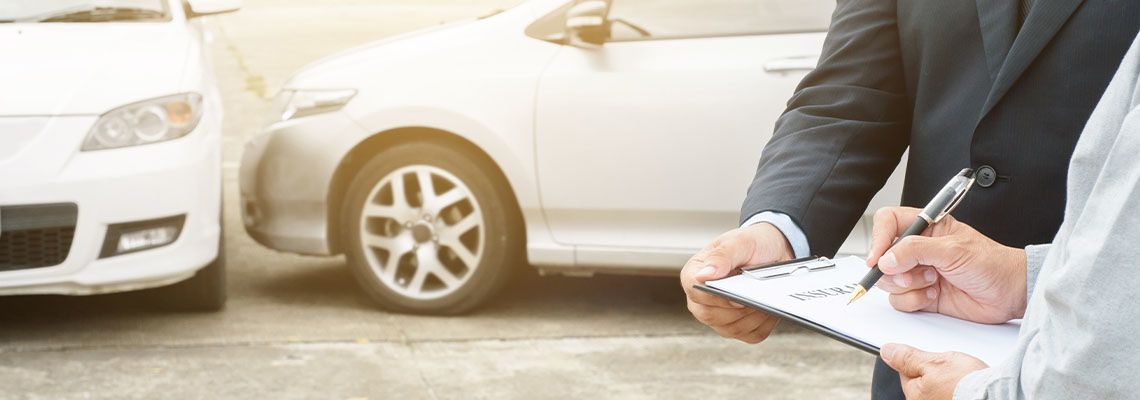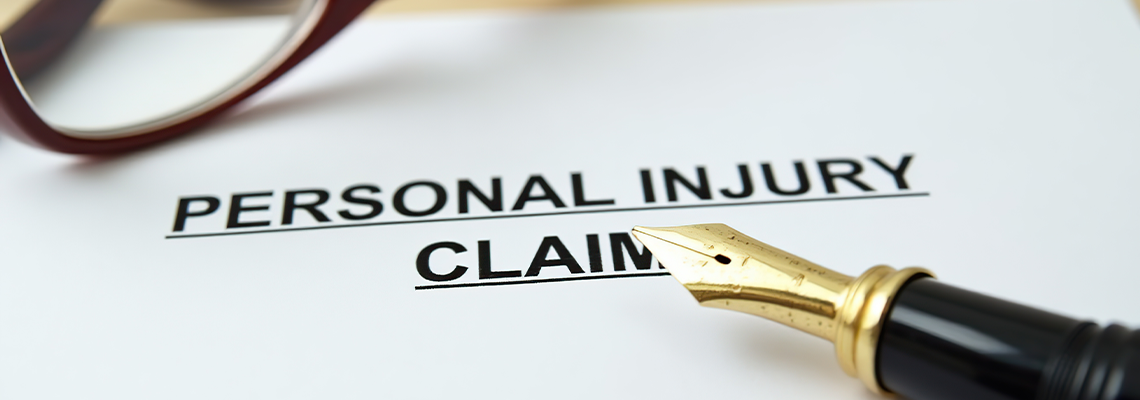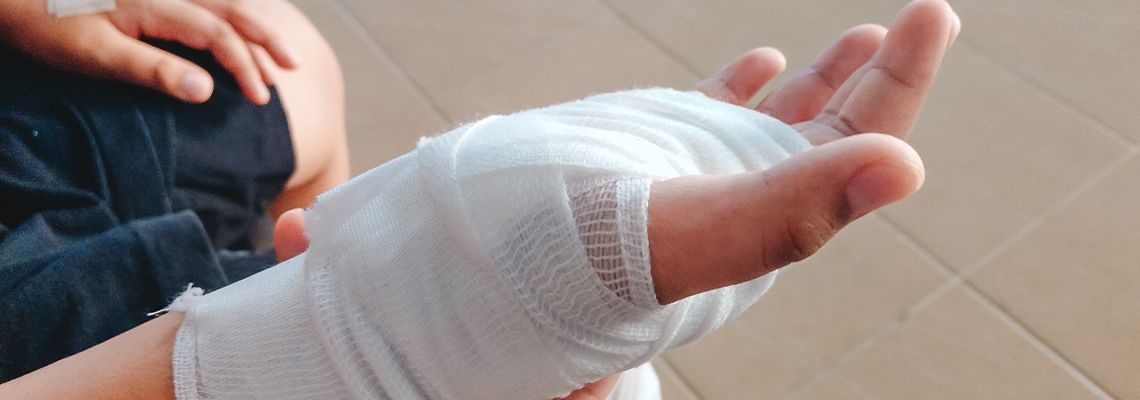After an accident, one of the first questions most people ask is, "What is the time limit for filing a personal injury claim?" This is a vital question because failing to meet the filing deadline - known legally as the statute of limitations - could result in losing your opportunity to pursue compensation for your injuries.

Common Misconceptions About Car Accident Claims in California
Sifting through the aftermath of a car accident in California is confusing, especially when you're bombarded with various pieces of advice that may or may not be true. If you’ve recently been in a wreck, you should understand the truth about car accident claims, not just for your peace of mind, but also to ensure you're adequately compensated for your injuries and damages.
At Antaramian Law, APC, my core mission revolves around assisting California drivers with their legal claims following auto accidents. I aim to do this by providing personal injury counsel that’s accessible, deeply informed, and knowledgeable. My approach is designed to demystify the legal process, making it less intimidating for my clients. By offering tailored advice and support, I strive to ensure that each client feels understood, respected, and confidently represented.
Below, I refute some common misconceptions about car accident claims in California so you can gain a basic understanding of what to expect. Reach out to my office as soon as possible for legal advice regarding your unique, personal situation.
Misconception 1: The At-Fault Driver's Insurance Will Automatically Cover All Costs
Many believe that if another driver caused the accident, their insurance would cover all related expenses. However, insurance companies are keen on minimizing their payouts. Without proper legal representation, you might not receive the full compensation you're entitled to for medical bills, lost wages, and other damages.
Misconception 2: I Don't Need a Lawyer if My Injuries Are Minor
Even minor injuries can develop into significant problems over time. Without legal guidance from the outset, you might accept a settlement that doesn't account for future complications. My expertise helps ensure that your compensation fully reflects both your current and potential future needs.
Misconception 3: I Can File a Claim Any Time After the Accident
California law stipulates a statute of limitations for filing personal injury claims—typically, two years from the date of the accident. Waiting too long to file can mean forfeiting your right to compensation. It's wise to begin the legal process promptly to safeguard your interests.
Misconception 4: My Personal Injury Protection (PIP) Insurance Covers Everything
California is an at-fault state, not a no-fault state, meaning PIP insurance isn't as prevalent here. Recovery of damages usually requires filing a claim against the at-fault driver's insurance or a personal lawsuit, situations where having an experienced car accident attorney becomes invaluable.
Misconception 5: I Can't Afford a Personal Injury Lawyer
Many shy away from seeking legal help, fearing high costs. I operate on a contingency fee basis, meaning you don’t pay unless we win your case. This approach ensures that everyone, regardless of financial standing, has access to quality legal representation.
Misconception 6: The Insurance Settlement Offer Is Final
Initial settlement offers from insurance companies are often lower than what your claim is worth. Never accept their first offer. Negotiating for a fair settlement is part of my role. Accepting an offer without consultation can lead to compensation that falls short of covering all your expenses and needs.
Misconception 7: Filing a Lawsuit is Unnecessary if You Have Insurance
Insurance coverage does not guarantee fair compensation. Filing a lawsuit might be the best approach to receiving a settlement that accurately reflects the full scope of your losses. My firm handles these legal nuances, aiming for outcomes that genuinely benefit our clients.
Misconception 8: Only Physical Injuries Are Compensable
California law recognizes the emotional and psychological toll of car accidents. Compensation for mental anguish, emotional distress, and loss of enjoyment of life can also be sought with proper legal guidance.
Misconception 9: If I Contributed to the Accident, I Can't Receive Compensation
Under California's pure comparative negligence law, you can still recover damages even if you're partly at fault. The compensation amount will be adjusted based on your percentage of fault. Understanding and proving these aspects of the claim necessitates professional legal assistance.
Misconception 10: All Personal Injury Lawyers Offer the Same Level of Service
Legal expertise varies widely. My unique background working with and against insurance companies provides me with insights that not all attorneys have. This experience equips me to anticipate and counteract the strategies employed by those contesting your claim.
Contact a Knowledgeable Car Accident Attorney
Misinformation can be a significant barrier to receiving the compensation you deserve. At Antaramian Law, APC, I offer dedicated, personal, and tireless representation to ensure your rights are vigorously defended and you are fairly compensated for the accident.
If you're facing the car accident claims process in California, don't go it alone. Reach out to me, and together, we can chart the best course forward for your situation. Your initial consultation is just a call away. Remember, I’m here to help demystify the process and stand by your side every step of the way.
Serving Los Angeles, California, I also help clients throughout Riverside County, San Bernardino County, Orange County, Ventura County, and Kern County. Reach out today and let me fight for you or a loved one.
RECENT POSTS
Determining fault in an accident can be complicated, especially in states like California that follow the principle of comparative negligence. If you’re pursuing compensation for injuries or damages, you must understand your rights and responsibilities within this system.



